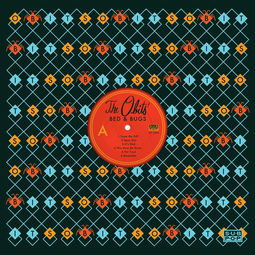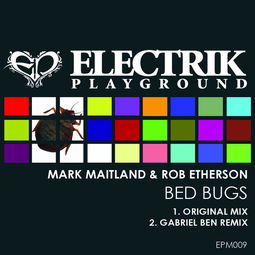
Bed Bugs Bite Medicine: A Comprehensive Guide
Dealing with bed bug bites can be an incredibly frustrating experience. These tiny pests can cause not only discomfort but also anxiety. If you’ve ever found yourself in this situation, you’re not alone. This guide will delve into various medical treatments available for bed bug bites, helping you understand what options are out there and how to choose the right one for you.
Understanding Bed Bug Bites

Before diving into the medical treatments, it’s essential to understand what bed bug bites are. Bed bugs are small, flat, brown insects that feed on the blood of humans and animals. They are nocturnal and typically feed while their hosts are sleeping. Bed bug bites often appear as small, red bumps on the skin and can be itchy and irritating.
While bed bug bites are generally not dangerous, they can lead to allergic reactions in some individuals. These reactions can range from mild to severe, with symptoms such as swelling, redness, and intense itching. In rare cases, bed bug bites can lead to secondary infections, such as impetigo or cellulitis, if the skin is broken or scratched excessively.
Over-the-Counter Treatments

For most people, over-the-counter (OTC) treatments are sufficient to alleviate the symptoms of bed bug bites. Here are some common OTC options:
| Treatment | Description |
|---|---|
| Antihistamines | Help reduce itching and inflammation. Can be taken in pill or liquid form. |
| Topical Creams | Products like hydrocortisone cream can be applied directly to the bite area to reduce itching and swelling. |
| Calamine Lotion | Works as a soothing agent for itchy skin and can help alleviate the discomfort of bed bug bites. |
| Anti-itch Sprays | Formulated to provide immediate relief from itching. Some sprays contain lidocaine or pramoxine to numb the skin temporarily. |
When using OTC treatments, it’s important to follow the instructions on the label and consult a healthcare professional if you have any concerns or if symptoms persist.
Prescription Medications

In some cases, OTC treatments may not be enough to alleviate the symptoms of bed bug bites. In these instances, a healthcare professional may prescribe medication. Here are some common prescription options:
| Medication | Description |
|---|---|
| Oral Steroids | Prescribed for severe allergic reactions, oral steroids can reduce inflammation and itching. |
| Antibiotics | Prescribed if a secondary infection is present, antibiotics can help clear up the infection and prevent further complications. |
| Antihistamines | Prescription-strength antihistamines may be prescribed for individuals with severe allergic reactions or those who do not respond well to OTC options. |
It’s crucial to follow the prescribed dosage and duration of treatment, as well as any instructions from your healthcare provider. If you have any concerns or questions about the medication, don’t hesitate to reach out to your healthcare professional.
Alternative Treatments
In addition to traditional medical treatments, some individuals may opt for alternative remedies to alleviate the symptoms of bed bug bites. Here are a few options to consider:
- Aloe Vera: Aloe vera has soothing properties and can help reduce inflammation and itching.
- Baking Soda: Mix baking soda with water to create a paste, then apply it to the bite area. The paste can help alleviate itching and reduce swelling.
- Tea Tree Oil: Known for its antiseptic and anti-inflammatory properties, tea tree oil can be applied topically to help soothe the skin and reduce itching.
- Apple Cider Vinegar:





